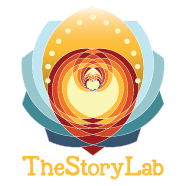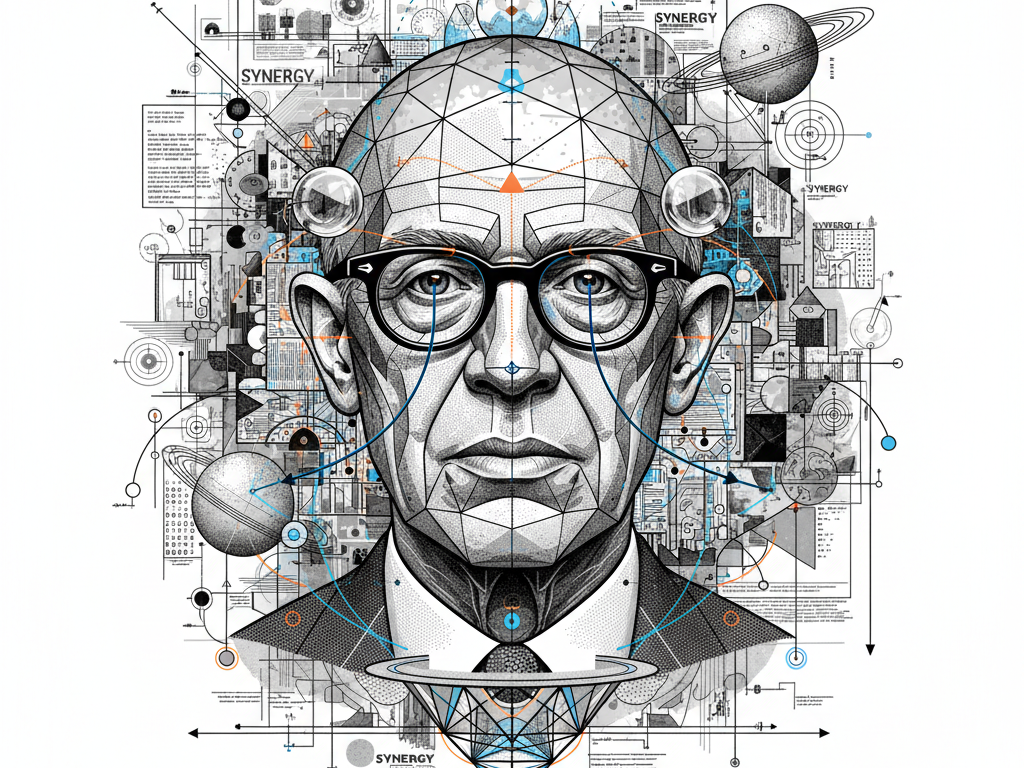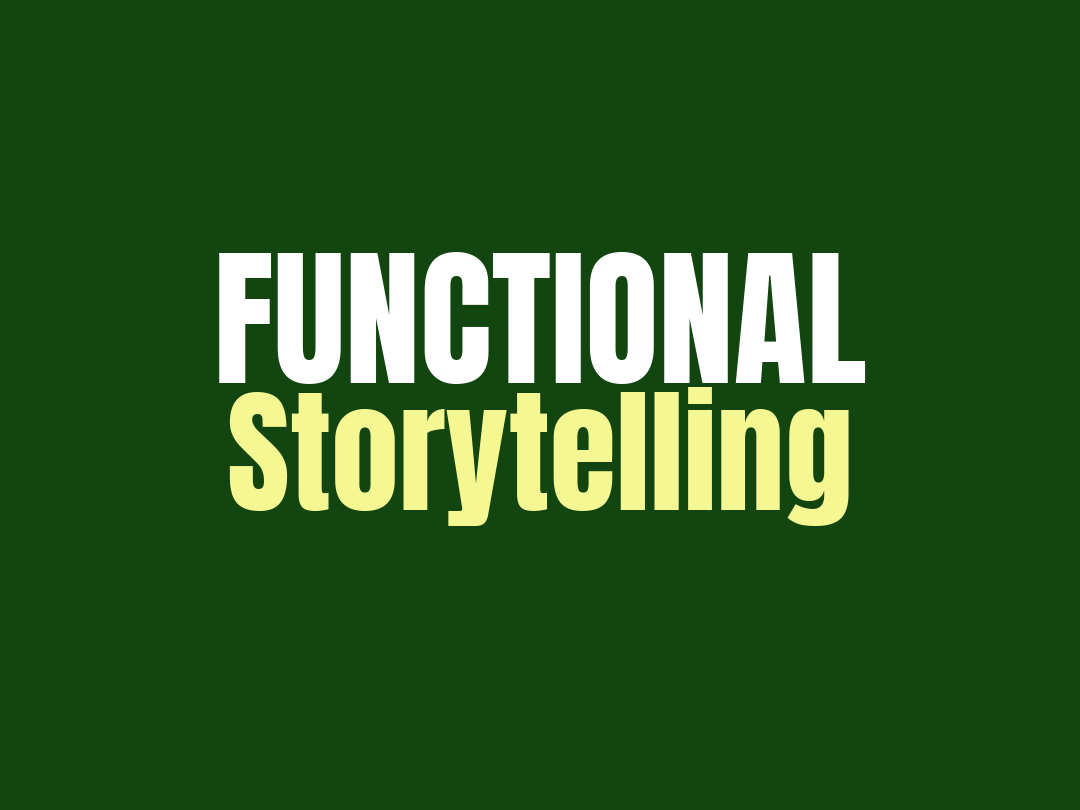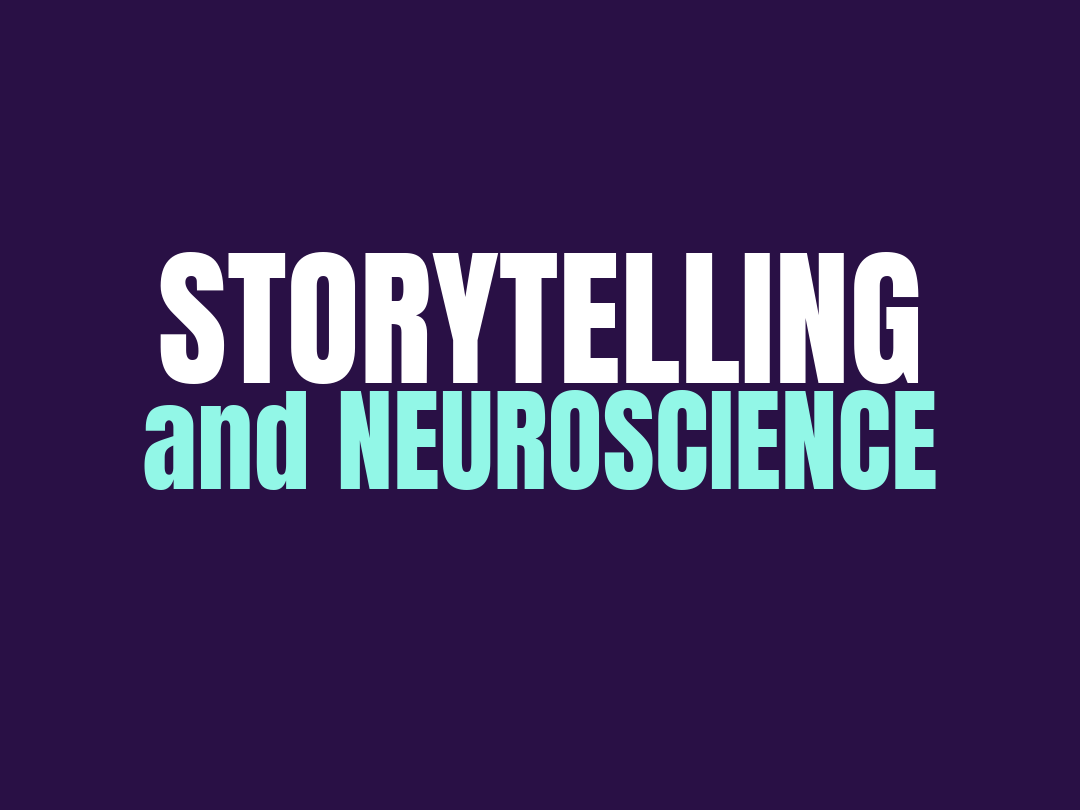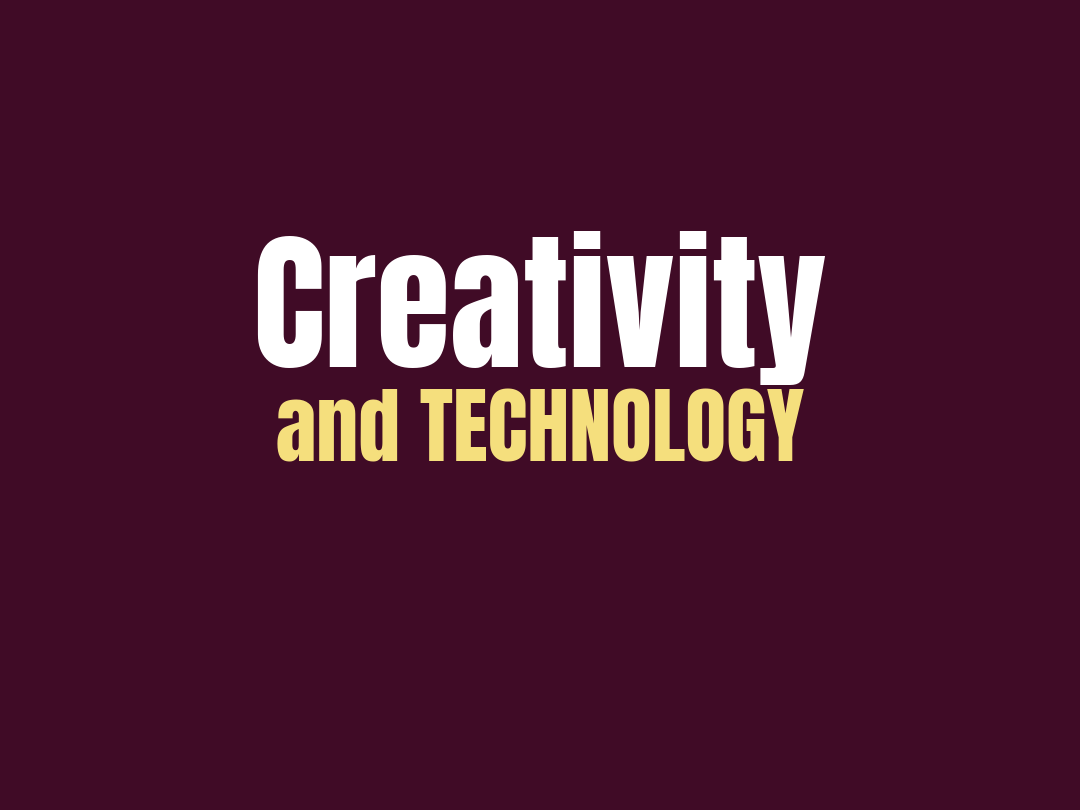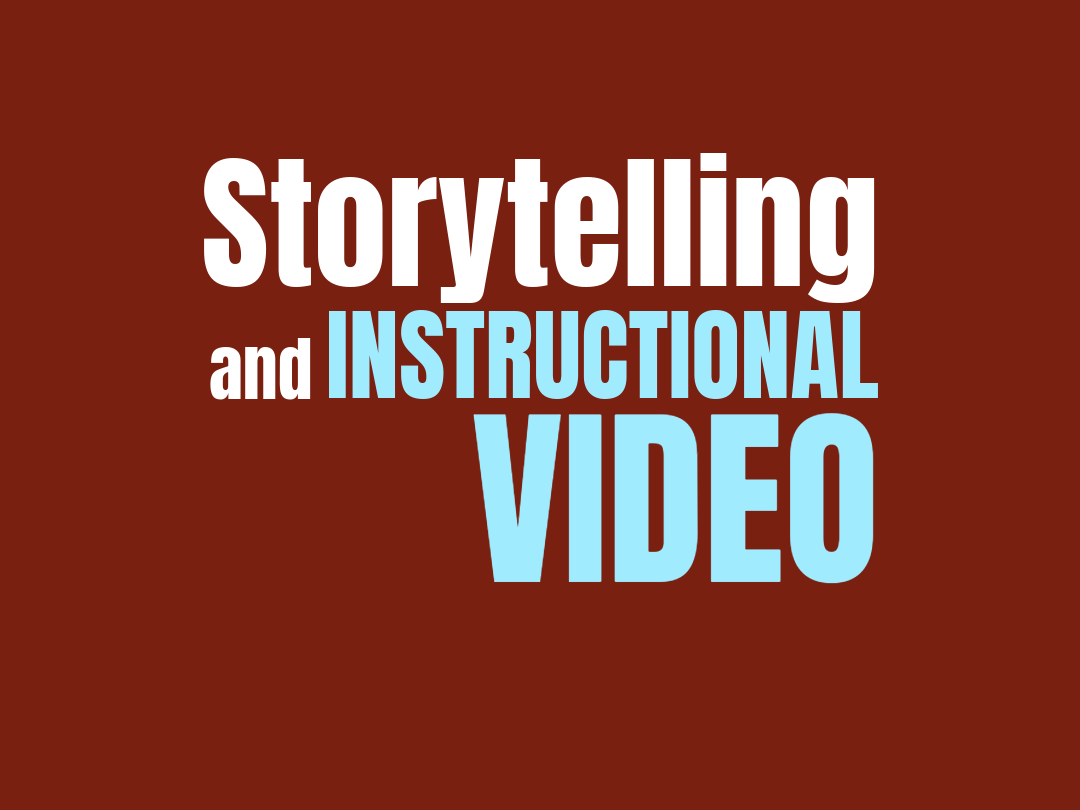Image by eightonesix on Freepik
Here are 10 ways in which storytelling contributes to the process of identity formation:
1. Self-Reflection: Storytelling encourages individuals to reflect on their experiences, beliefs, and values. Narrating personal stories allows people to make sense of their past, present, and future, contributing to a deeper understanding of themselves.
2. Constructing a Narrative Identity: People construct a narrative identity by organizing and interpreting their life experiences into a coherent and meaningful story. This narrative becomes a crucial part of how individuals perceive themselves and communicate their identity to others.
3. Cultural and Social Identity: Stories, whether personal or shared within a cultural or social context, contribute to the formation of cultural and social identities. Cultural narratives, traditions, and myths shape individuals' understanding of their place within larger societal frameworks.
4. Influence of Role Models: Storytelling often involves the sharing of role models' experiences and achievements. Hearing stories of individuals who are admired or respected can influence the development of one's own values, aspirations, and identity.5. Family Narratives: Family stories and traditions are vital in shaping an individual's identity. The narratives passed down through generations provide a sense of continuity, belonging, and a shared history that contributes to the formation of familial identity.
Image by vecstock on Freepik
6. Navigating Challenges: Personal stories of overcoming challenges or adversity can be empowering. They contribute to the resilience and strength needed to navigate difficulties, fostering a positive sense of self-efficacy.
7. Connection to Community: Narratives that emphasize community, shared values, and collective experiences contribute to a sense of belonging. Feeling connected to a community through storytelling reinforces aspects of identity related to group affiliation.
8. Identity Exploration: Storytelling allows individuals to experiment with different aspects of their identity. Through narratives, people can explore various roles, values, and perspectives, helping them refine and define their sense of self.
9. Integration of Experiences: Storytelling helps integrate diverse experiences into a cohesive narrative. This integration is crucial for identity formation, as it enables individuals to create a unified sense of self from a myriad of experiences.
10. Shaping Future Identity: As individuals tell and retell their stories, they contribute to the ongoing process of identity formation. The narrative evolves over time, incorporating new experiences and shaping how individuals perceive themselves in the present and envision their future identity.
In summary, storytelling plays a pivotal role in identity formation by providing a framework for self-reflection, constructing narrative identities, influencing cultural and social affiliations, and contributing to a sense of belonging and purpose. Personal and shared narratives serve as a dynamic and evolving foundation for individuals' understanding of who they are.
